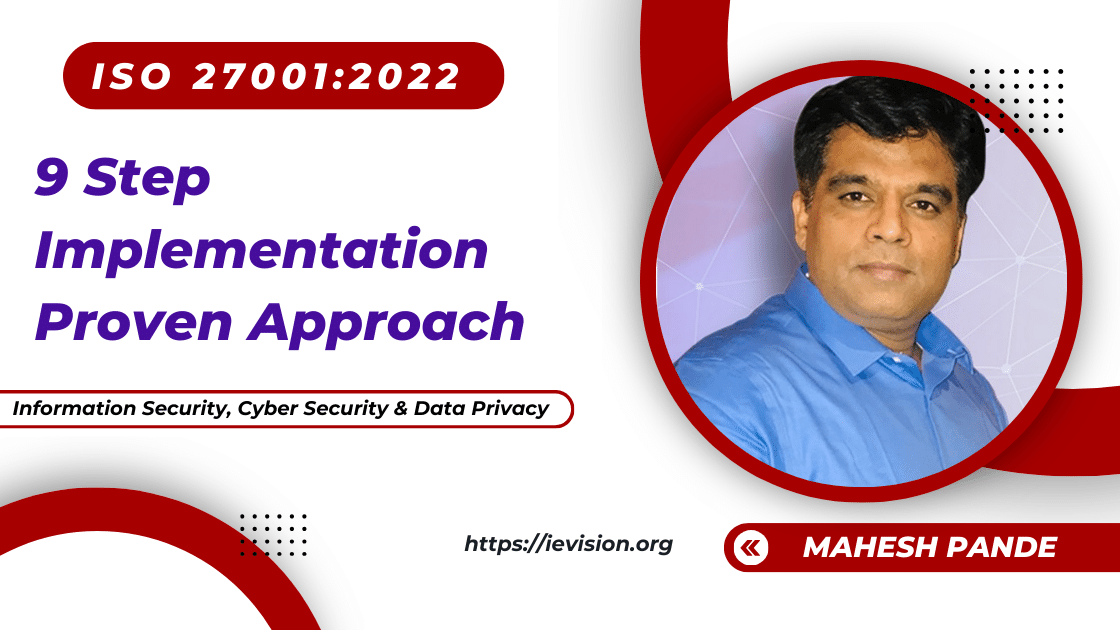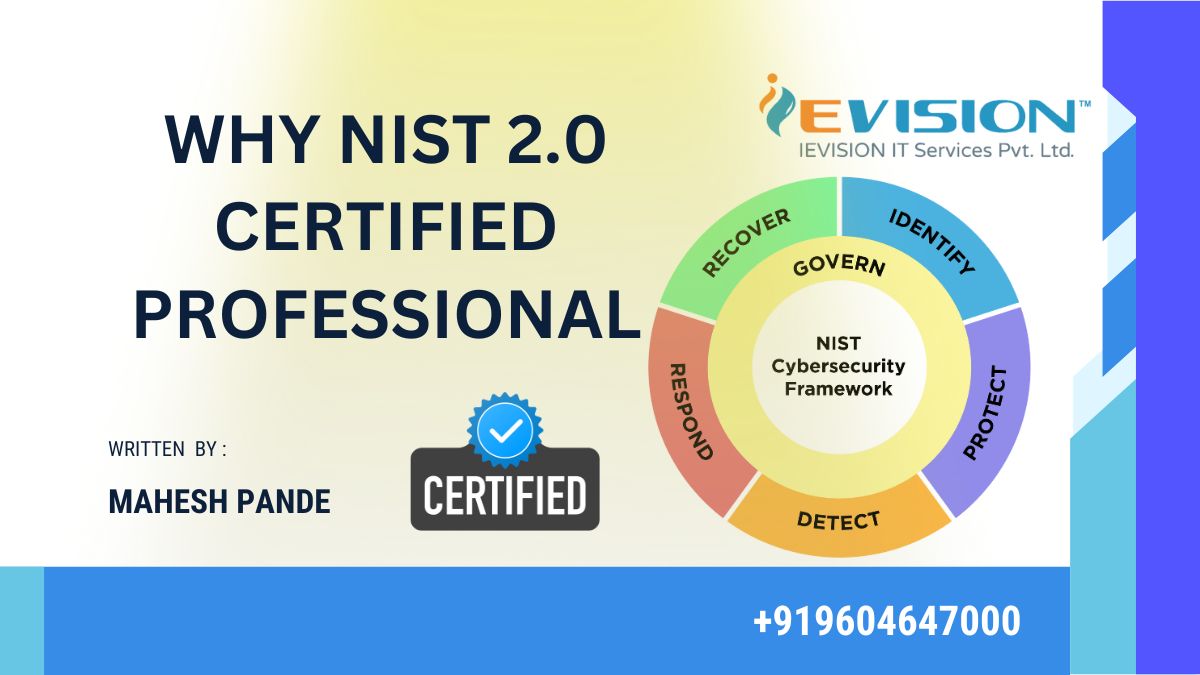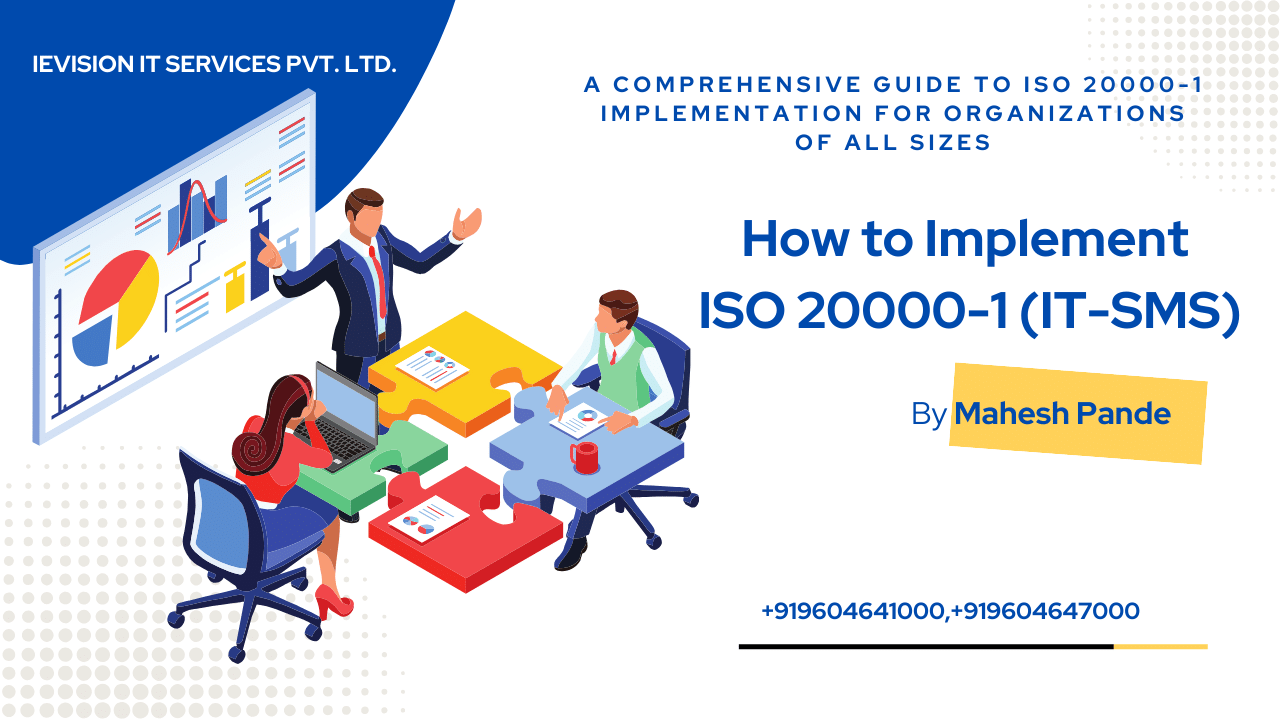
ISO 27001:2022 Implementation Free guide (Information Security Management Systems Standard), will enable organization to plan and achieve ISO 27001 Certification.
ISO 27001:2022 an internationally recognized standard for
information security management systems (ISMS) for Information Security, Cyber
Security & Data Privacy. Implementing this standard helps organizations
protect their valuable information assets and ensure the confidentiality,
integrity, and availability of sensitive information. In this blog, we will
provide a step-by-step guide to help both IT and non-IT professionals
understand and implement ISO 27001:2022 in their respective organizations.
With this blog, my pure intention is to assist you with the organized steps to implement ISO 27001:2022 in the respective organizations.
Instructor Led ISO 27001 Lead Implementer Training and Certification
1) Step 1: Familiarize Yourself with ISO 27001:2022
2) Step 2: Conduct a Gap Analysis
3) Step 3: Define the Scope and Objectives
4) Step 4: Establish the Risk Assessment and Treatment Methodology
5) Step 5: Develop and Implement Information Security Policies and Procedures
6)
Step
6: Prepare SOA: Select and Implement Controls to Manage Risks
7)
Step
7: Adoption Strategy: Training and Awareness Programs
8)
Step
8: Conduct Internal Audits
9) Step 9: Management Review and Continuous Improvement
Lets understand these steps in detail:
Step 1: Familiarize Yourself with ISO 27001:2022
Before diving into implementation, it is crucial to understand the key principles and concepts of ISO 27001:2022. Begin by reading the standard and familiarizing yourself with its structure, requirements, and terminology. This will provide a solid foundation for your implementation efforts.
Step 2: Conduct a Gap Analysis
Perform a comprehensive analysis of your organization's existing information security practices and compare them against the requirements outlined in ISO 27001:2022. This gap analysis will help identify areas of nonconformity and define the scope of your implementation project.
Step 3: Define the Scope and Objectives
Clearly define the scope of your implementation project, specifying the boundaries within which the ISMS will be applied. Additionally, establish measurable objectives that align with your organization's overall goals. This step ensures that your implementation plan is tailored to your organization's specific needs.
Step 4: Establish the Risk Assessment and Treatment
Methodology
Risk assessment is a fundamental part of ISO 27001:2022.
Develop a risk assessment and treatment methodology to identify and prioritize
information security risks. This will help you determine the necessary controls
to mitigate or eliminate those risks.
Step 5: Develop and Implement Information Security Policies
and Procedures
Draft comprehensive information security policies that align with the requirements of ISO 27001:2022. These policies should outline how your organization intends to protect its information assets. Develop supporting procedures and guidelines to ensure consistent implementation across departments and teams.
Step 6: Prepare SOA: Select and Implement Controls to Manage
Risks
Based on the risk assessment carried out in Step 4, select
and implement the necessary controls to address identified risks thus preparing
Statement of Applicability (SOA). These controls may include technical
measures, policies, training programs, or physical measures. Ensure that these
controls are regularly monitored and audited for effectiveness.
Step 7: Adoption Strategy: Training and Awareness Programs
One of the major activities in implementation of ISMS is to Implement a training and awareness program to educate employees and stakeholders about information security policies, procedures, and their responsibilities. Regularly update and reinforce these programs to keep information security practices top of mind.
Step 8: Conduct Internal Audits
Regularly conduct internal audits to assess the compliance and performance of your ISMS. These audits help identify areas for improvement and ensure that the implemented controls are functioning as intended. Document the findings and implement necessary corrective actions.
Step 9: Management Review and Continuous Improvement
Hold regular management reviews to evaluate the effectiveness of your ISMS. Use this opportunity to identify areas for improvement, discuss performance against objectives, and make necessary changes to enhance information security practices continually.
Conclusion:
Implementing ISO 27001:2022 information security management systems standard requires a comprehensive and systematic approach. By following the steps outlined in this blog, both IT and non-IT professionals can successfully implement the standard in their organizations. Remember, a well-implemented ISMS not only safeguards valuable information assets but also offers a competitive advantage in today's data-driven business environment.
Deadline for companies to get certified from ISO/IEC 27001:2013 to ISO/IEC 27001:2022 is oct 25th 2025.
If wish to learn in detail, you can attend my 4 Days full packed agenda course on ISO 27001 Lead Implementer training and certification course and enable your organization to get ISO 27001 Certified!
Writer Profile: MAHESH PANDE GRC Coach and Consultant https://www.linkedin.com/in/mahesh-pande-accredited-trainer-and-consultant-29741b11
For Training and Consulting Assignments:
+919604647000, +919604641000, +919604664000,
info@ievision.org www.ievision.org
Since 2012, 15,500 + Professionals Trained, 4.8/5% Google Rating, 100+ Training Programs, 200+ Consultants & Accredited by 7 Certification Bodies









